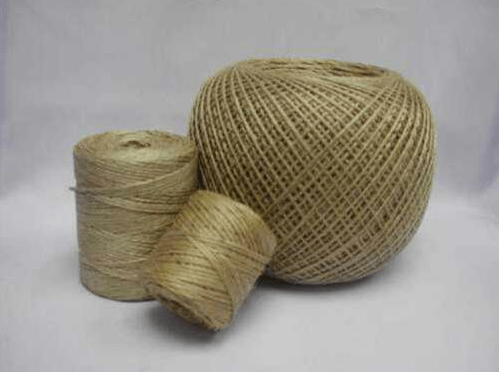Jute, a natural material derived from the stems of jute plants, is often called the “Golden Fiber” and is eco-friendly. It has been used in various industries for centuries because it is durable and sustainable. As the demand for eco-friendly products has grown, buying jute wholesale has become a popular choice for businesses looking for large quantities of sustainable materials. This blog explores buying jute wholesale and highlights how sustainability is becoming the primary focus in the industry, including jute yarn prices, along with why it is important and how it is used.
The Rise of Jute Wholesale
Jute, native to the Indian subcontinent, has been cultivated for centuries, primarily for its fibrous stems. Traditionally, jute has been used to create items like ropes, twine, and sacks due to its robust and long-lasting nature. However, as global awareness of sustainability and eco-friendliness has grown, jute has found its way into various industries, leading to the rise of buying jute wholesale.
Eco-Friendly and Biodegradable
One of the key reasons behind the popularity of buying jute wholesale to use is its eco-friendly nature. Unlike synthetic materials that harm the environment, jute is biodegradable and does not contribute to pollution. As a natural fiber, it decomposes easily, making it an ideal choice for businesses looking to reduce their environmental footprint.
Versatile Applications
Jute’s versatility is another factor that has fueled the demand for jute wholesale. It can be used in various products, including bags, carpets, rugs, textiles, and even furniture. Its natural, earthy appearance and texture make it a popular choice for designers and manufacturers aiming to create eco-conscious products.
Affordability and Accessibility
Compared to some other sustainable materials, jute is affordable and readily available. This makes it an attractive option for businesses of all sizes, including small enterprises looking for sustainability without spending a lot.
Jute Yarn Prices: A Cost-Efficient Choice
When it comes to jute wholesale, one of the crucial considerations is jute yarn prices. Jute yarn is the primary form of jute used in manufacturing various products. The cost-efficiency of jute yarn is a significant advantage for businesses aiming to incorporate sustainability into their operations.
Factors Influencing Jute Yarn Prices
Several factors influence jute yarn prices, and understanding these can help businesses make informed decisions when sourcing jute wholesale:
Jute Crop Conditions: The quality and quantity of jute yarn depend on the crop conditions. Factors such as weather, soil quality, and farming practices can impact jute crop yields, consequently affecting jute yarn prices.
Market Demand: The demand for jute products, both domestically and internationally, plays a crucial role in determining jute yarn prices. Increased demand can lead to higher prices.
Processing Techniques: The way jute is processed and treated can affect its quality and price. High-quality processing methods result in finer jute yarn, often commanding higher prices.
Government Policies: Government policies related to jute cultivation, trade, and exports can influence jute yarn prices. Subsidies and regulations may impact the cost of production and, subsequently, prices.
Sustainability at the Core of Jute Wholesale
Beyond cost considerations, sustainability remains at the core of jute wholesale. Businesses are increasingly recognizing the value of sourcing sustainable materials not only to meet consumer demand but also to reduce their environmental impact.
Eco-Friendly Production
Jute’s cultivation requires minimal chemical intervention compared to other crops. This eco-friendly aspect aligns with the growing consumer preference for sustainable products, making jute an attractive choice.
Reducing Plastic Dependency
The rise of jute wholesale also reflects efforts to reduce plastic dependency. Jute products, such as bags and packaging materials, offer biodegradable alternatives to single-use plastics, contributing to the global initiative to curb plastic pollution.
Supporting Rural Communities
Jute cultivation often provides livelihoods to rural communities in jute-growing regions. By engaging in jute wholesale, businesses indirectly support these communities, fostering social and environmental sustainability.
As businesses increasingly prioritize sustainability, jute wholesale emerges as a valuable resource for sourcing eco-friendly materials in bulk. Its affordability, accessibility, and versatility make it an appealing choice for various industries. Moreover, with jute yarn prices reflecting its cost-efficiency, businesses can embrace sustainability without compromising their bottom line.



